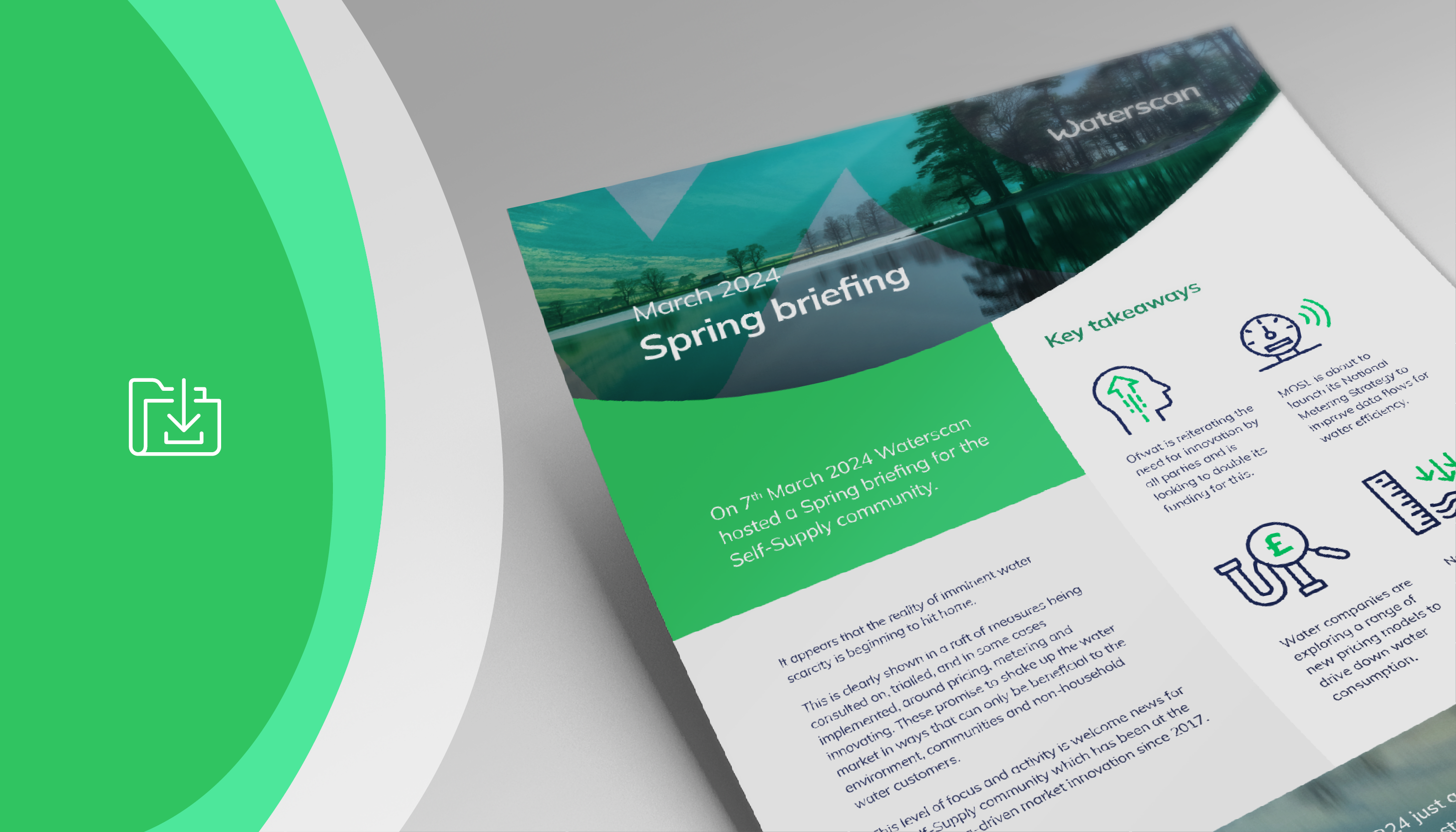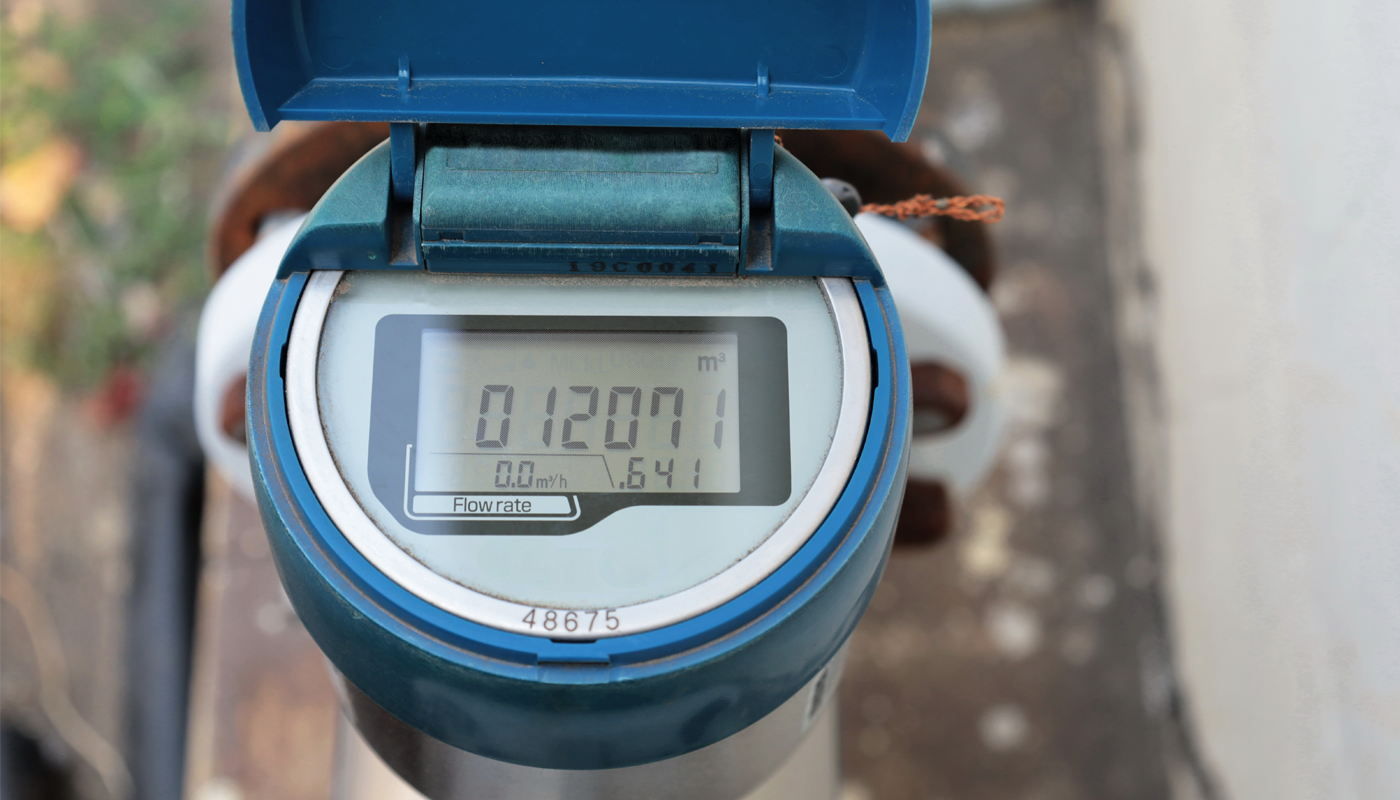A working lunch with BT’s Utilities Commercial Specialist, Matt Power.
A key challenge that the water industry still faces in delivering a successful open market is to counter low levels of engagement and collaboration. Of course, the situation this year has not helped people to build relationships and have meaningful conversations which would otherwise enable them to drive their water agenda forward. So, what better time to adapt and innovate by hosting a virtual event (complete with a delicious three course lunch delivered by a leading London restaurant) in collaboration with utilities expert, Matt Power from BT?
Senior managers with responsibility for finance, procurement and sustainability were given the opportunity to pick Matt’s brains on how to solve problems, achieve efficiency, save costs and generally get better results from the water market via the Self-Supply route. Guests included representatives from across the commercial spectrum including manufacturing, retail, pharmaceuticals and transport, as well as the public sector. While some are at the very start of their water journey, others had already dived in, with mixed results.

Kicking off the discussion, Matt shared his experience, explaining that, although BT has 6,000 sites, many of these are small, such as unmanned welfare facilities that are only used occasionally, and the company isn’t a huge water user. A primary motivation for him on entering the water market, therefore, was to reduce administration and resource. After putting his business out to tender and disappointment with the response received, he opted to Self-Supply, securing an Ofwat licence to do so early in 2019.
A common issue raised by several participants was inaccurate and late billing. Matt sympathised with the concern and advised that, since switching to Self-Supply, he has eradicated this problem for his organisation.
He revealed: “Compared to the 12,000 paper invoices I used to receive each year, I now get a maximum of 3 per wholesaler per month. In this respect, I’ve achieved what I set out to do.
“Even more importantly, I can confidently say that BT’s bills are now accurate and reflect our actual usage, because we know where our meters are and that they’re being read regularly. At the beginning, 25% of our meters were unread but this figure is now down to less than 3% because Waterscan did some great work locating meters and mapping our portfolio and also in identifying and rectifying leaks. As a result, we are projected to save £1,000,000 on our water each year.”
A general lack of support from retailers and wholesalers was another topic of conversation. Although some attendees had good relationships with their suppliers, others were having a poor experience, even feeling disempowered in what is supposed to be a customer-centric marketplace. Key themes included lack of invoicing (in one case for over a year), limited expertise around trade effluent despite its importance to customers in the manufacturing sector and very little understanding of contract management in the retail market.
On this, Matt said: “Being a self-supplier has been hugely beneficial. We now have a say in this market. I’ve been very active in the Self-Supply community which is getting larger and more involved with direct access to Ofwat and MOSL. We seem to have a bigger voice than any other retailer and any other group in the market.”
He continued: “Working with Waterscan has been a very positive experience, more than expected. BT didn’t just go in this for the cost-saving but mainly to lose resource and overheads. At the time of our transition, we were dealing with a number of other projects so being able to lose the overhead resource requirement of dealing with the retailer was really helpful. I have always got a genuine answer back with Waterscan too whereas in my experience, others are all very sales centric.”
Reflecting on the event, Waterscan’s Managing Director Neil Pendle, said: “When big decisions need to be taken, it’s always incredibly beneficial to hear how your peers have tackled similar situations in their own organisations. This is why we collaborated with BT to devise this event, designed to give representatives from similarly large organisations an opportunity to speak confidentially, candidly and ask questions over an informal lunch.
“We’re extremely grateful to Matt for laying out his experiences so honestly, and to everyone who attended. From the feedback we’ve received, this was one lunchbreak worth making time for! We shall look to do another in the spring. In the meantime, we are always available to answer your questions. We’re committed to doing all we can to make the open water market a success: an efficient, sustainable and competitive environment that benefits all British businesses.”




